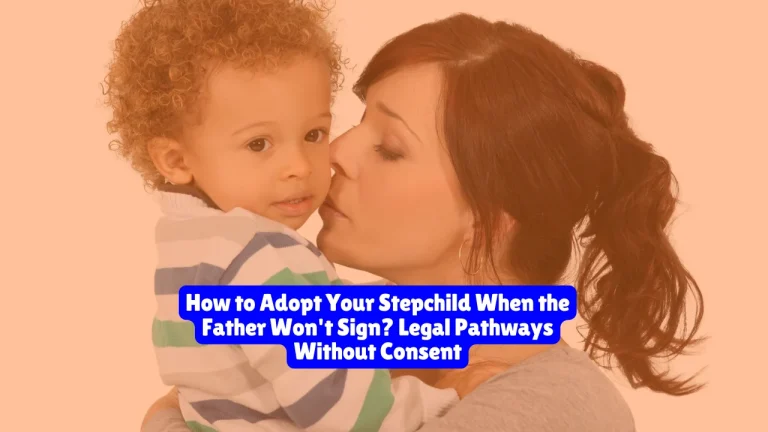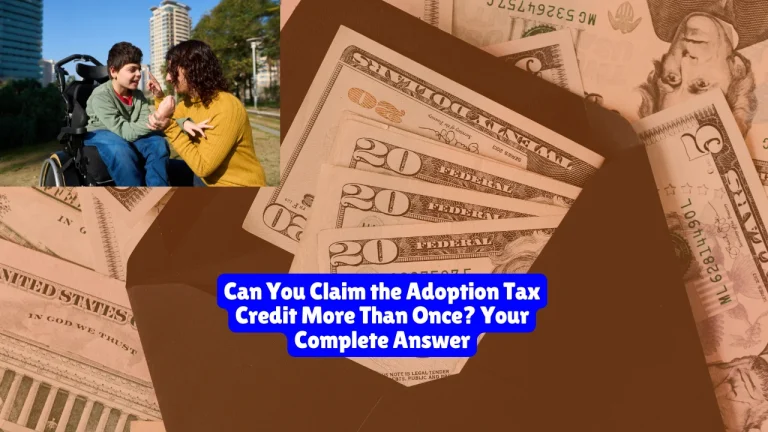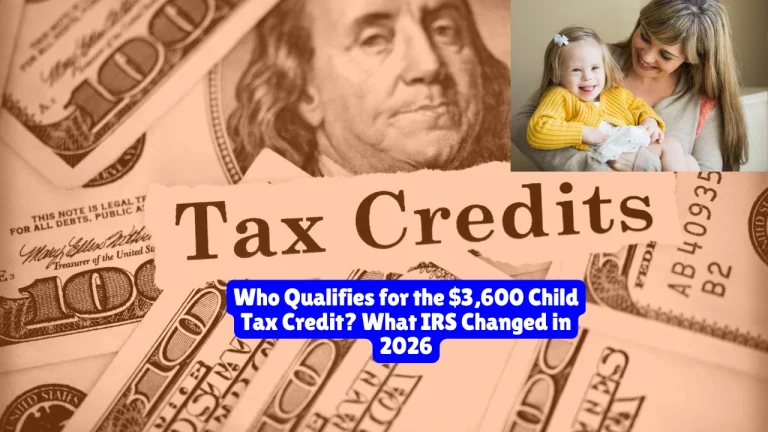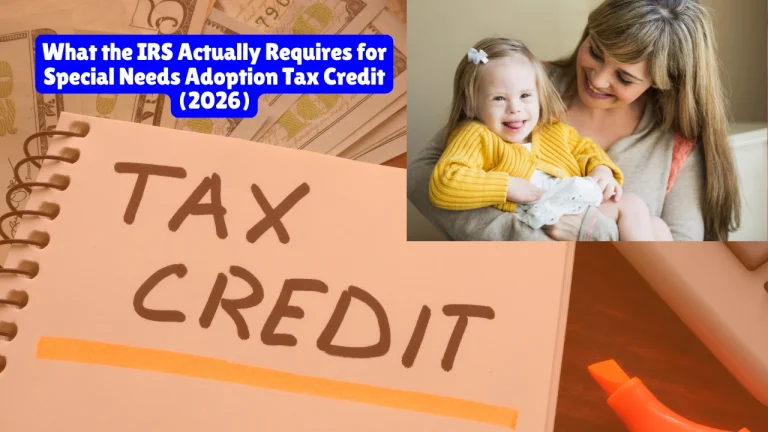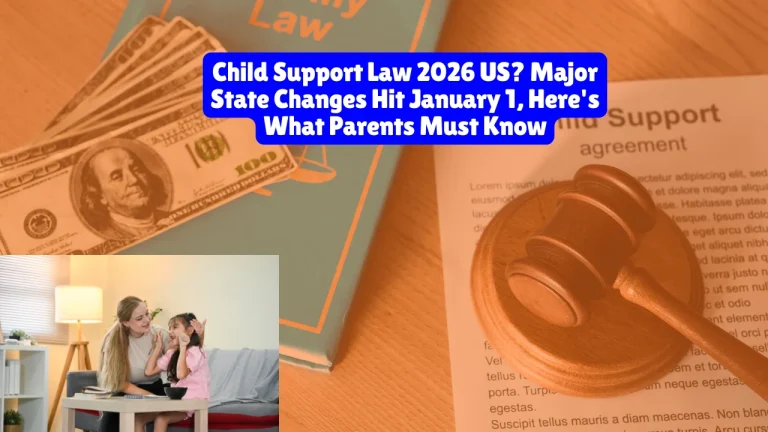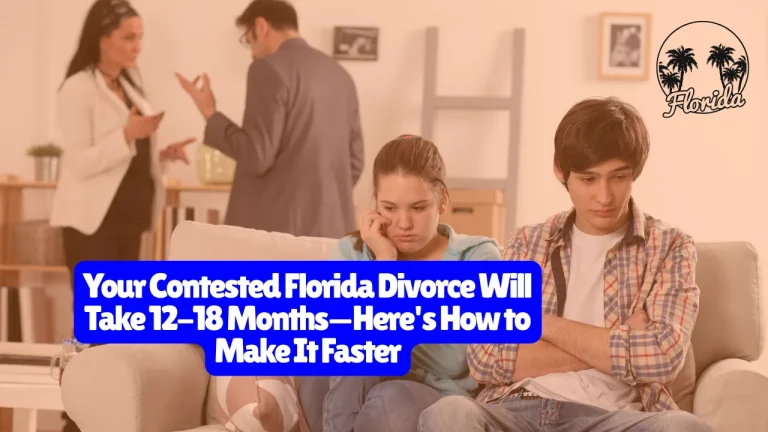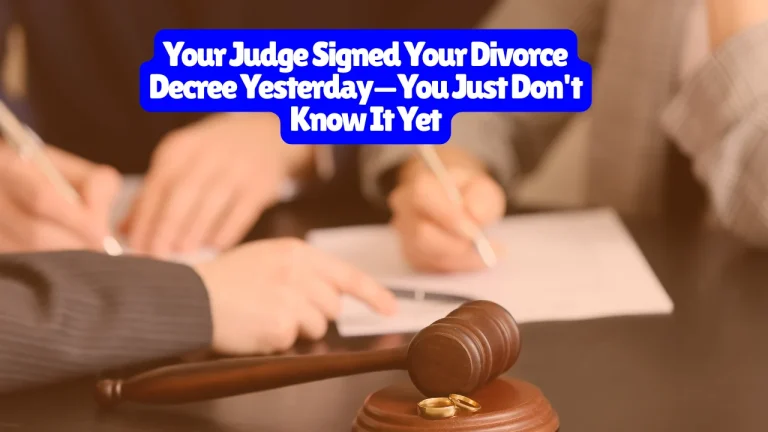How to Adopt Your Stepchild When the Father Won’t Sign? Legal Pathways Without Consent
Yes, you can adopt your stepchild even if the biological father refuses to sign consent papers. Courts can terminate parental rights involuntarily through legal proceedings that prove abandonment, unfitness, or that adoption serves the child’s best interests. Can a stepparent adopt without the biological father’s permission? What legal grounds allow courts to override a father’s…

